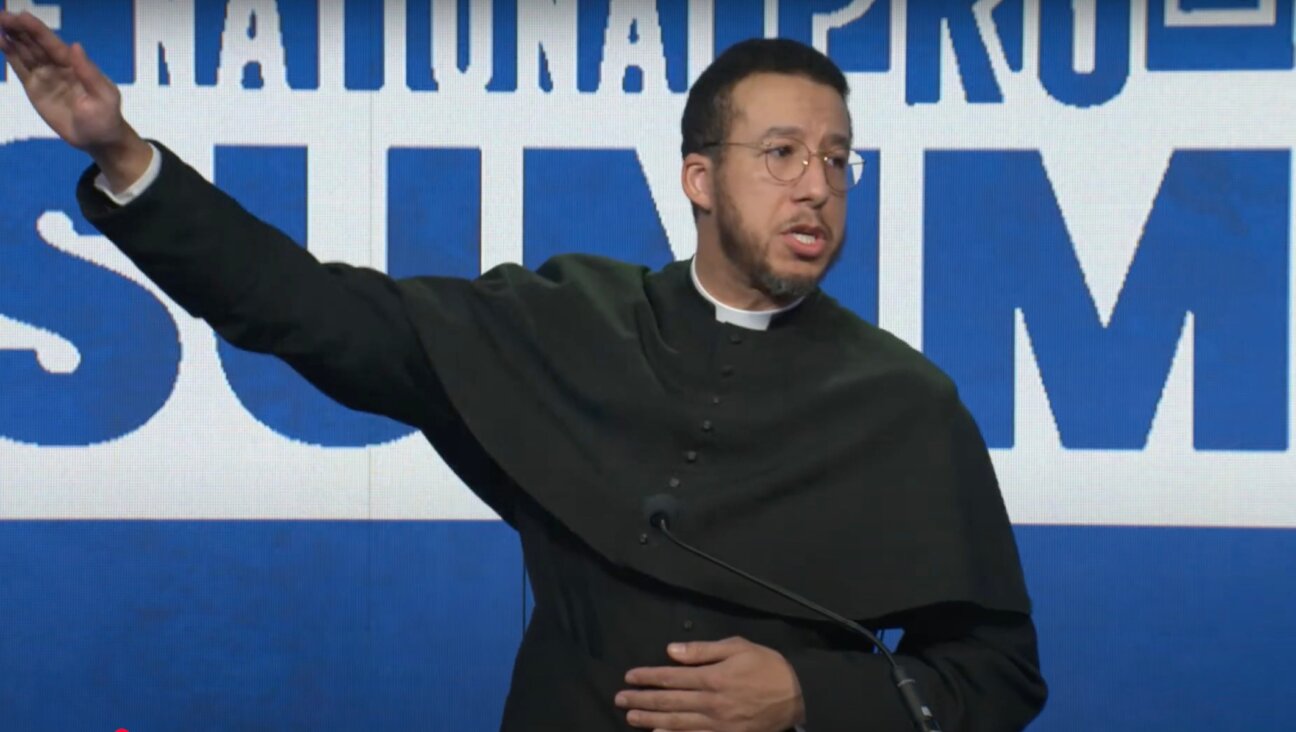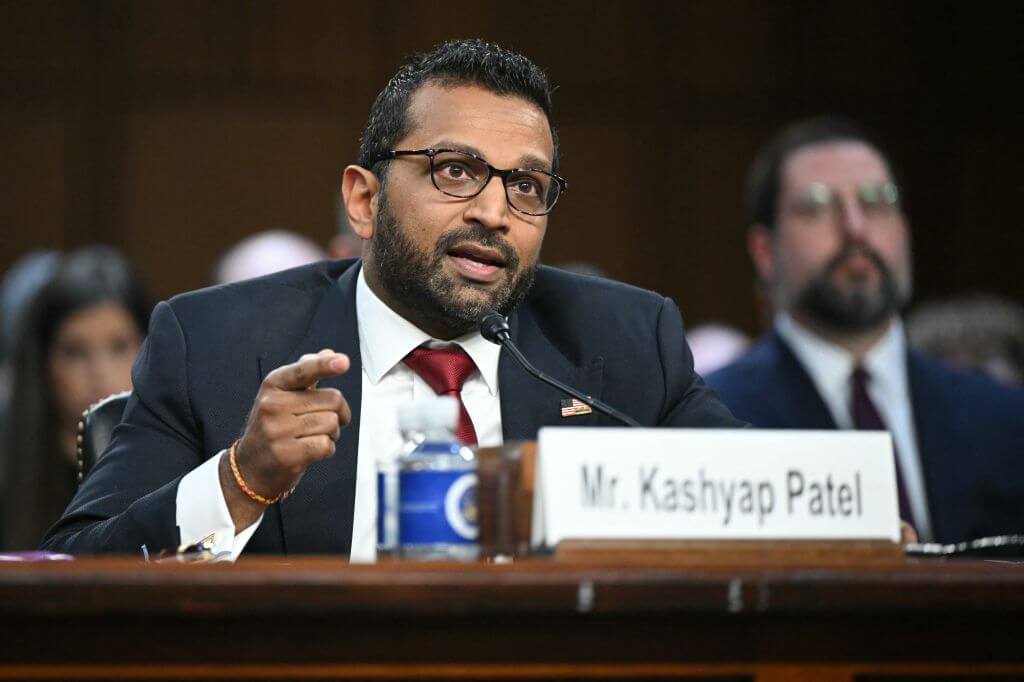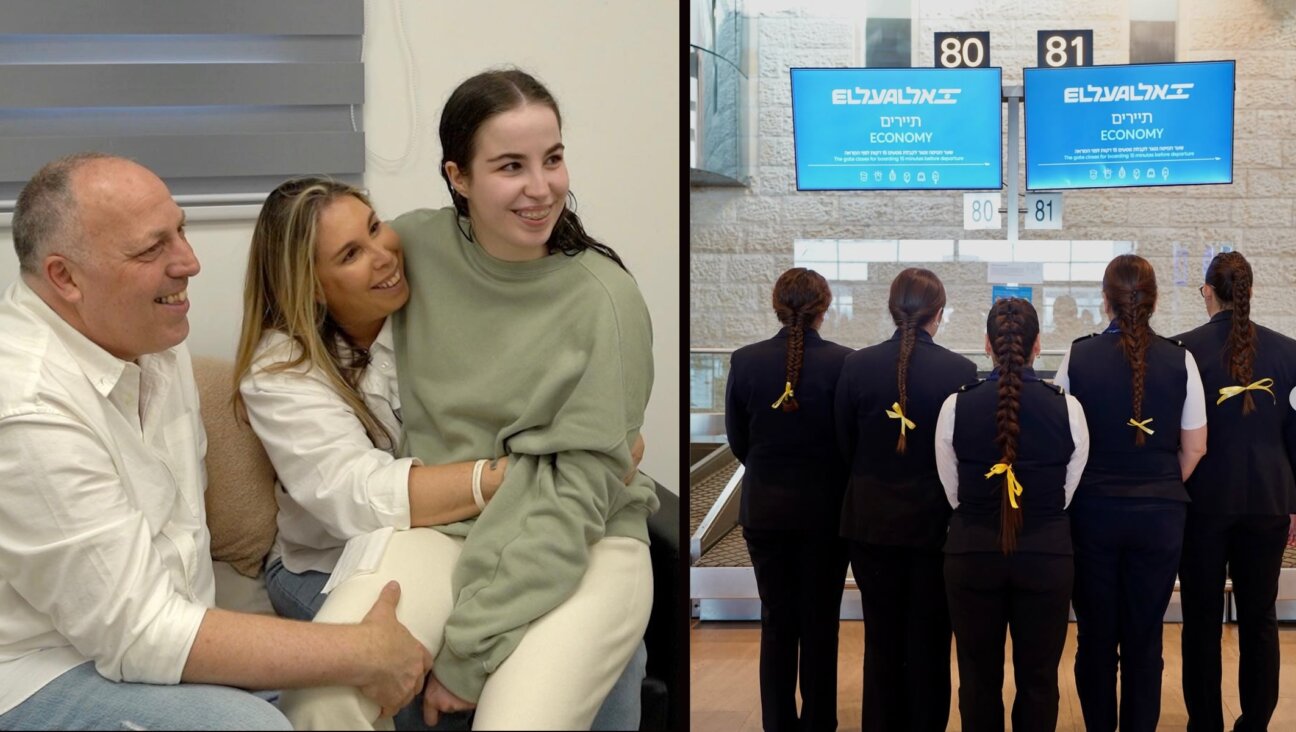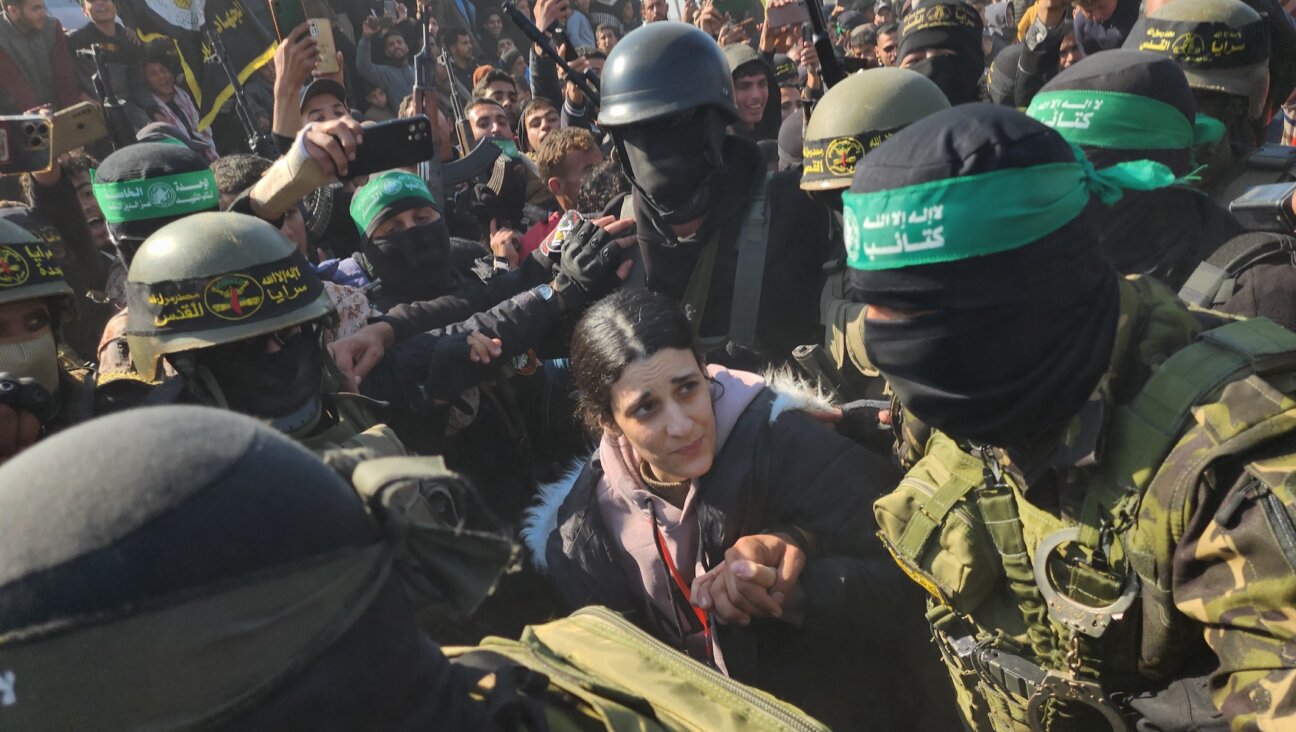From Baghdad To Queens: An Iraqi Community Remembers
It was odd, for once, to see the synagogue so full.
Hundreds of chairs lined the hard-carpeted floor, pushing people up against the windows and doors and the curtained entrance to the sanctuary. People had come hours in advance, in anticipation of the day’s events, and my mother and I had trouble finding seats. Workers and some members were rushing up from the basement with folding chairs under each arm, squeezing them in wherever they could. We found spots in the back. A woman sitting near us immediately recognized my mother, and they started up a conversation. She asked about my grandmother. My grandmother was not there.
From the outside, our synagogue looks more like a home. It’s a split-level, brown-brick building set on a hill, a very quiet building, like all of the other homes on the tree-lined esplanade in Jamaica Estates, Queens. Inside, it is filled with relics—a silver wine glass, a red fez, a golden thimble—and so many familiar faces of people I do not know but who look like family. The old men in suits with their bushy, comforting eyebrows and brown-ringed eyes; the women with their exuberant gold earrings and pearl necklaces. This is Congregation Bene Naharayim (“Of The Two Rivers”), one of just three community centers that exist in the United States for the displaced Jews of Iraq.
My mother was part of that group, born in Baghdad on the first Passover eve of 1966, to an accountant and a homemaker. She grew up playing in the narrow lanes of the old Jewish Quarter, relaxing beside the Tigris River, and sleeping on the flat roof of her home on hot summer nights. When she was six years old, her family fled the country, after years of the Iraqi regime accusing members of the Jewish community of spying for Israel. Their assets and passports had been frozen, my grandfather had been briefly jailed, and relatives attempted daring escapes over the Kurdish mountains. Many other members of the community were killed.
“You know, it’s been exactly nine years since you had your bar mitzvah here,” my mother reminded me. She was right—Super Bowl Sunday, 2010, in this very room. Those were the days when we actually used to come here, regularly, to see family and friends. I remembered; I spent many Saturdays here as a child. Mostly we came for the holidays, but most important was when we would come each year in November to honor the anniversary of the death of my grandfather, who died when I was one year old.
I would sit in the women’s section with my mother and grandmother, straining my neck over the aging wooden pews to catch a glimpse of the gold-plated Torah from Iraq. One of the prayer books, a musty old thing, had lines of Hebrew and Arabic side-by-side.
“This was how it used to be,” the older people in my family would tell me. “Jews and Arabs, we were neighbors, business partners living and working together. It was paradise!”
After a few minutes, my brothers and I would get bored and ask if we could run around outside the sanctuary. We played hide-and-go seek between the tweed coats on the coat racks and the glass bookcases displaying memoirs with titles like “All Waiting to be Hanged.”
As I grew older, we stopped going as frequently. My grandmother no longer drives the half-hour to Queens, and so we stopped driving to meet her. I regret this now; we belonged to a synagogue closer to our home in Westchester County, too, but they were mostly Ashkenazi, and did they really understand?
At Bene Naharayim, we didn’t ever have to explain why we eat the tongue of a cow on the New Year (to be at the head of the class) or why we hit each other with leafy branches at the end of Passover (to usher in a bountiful spring). There are belly dancers at bar mitzvahs and henna parties for bridal showers, mounds of sweets thrown upon one another for every celebration. At our Shabbat dinner tables, we eat kibbeh and sambousek instead of knishes and kugel. People often find it exotic that my relatives speak Arabic, surprised that the words “Arab” and “Jew” could ever go together at all.
At Bene Naharayim, I remembered the days when I knew most of the people in the room—all of my great-aunts and uncles, and their families—but like us, when the older ones either passed away or grew too old to find their way to the house on the hill, their descendants stopped showing up.
But today seemed different—today, on day when paradise was lost, the fiftieth anniversary of the 1969 Baghdad hangings, in which nine Jews accused of spying and dual-loyalty to Israel were hanged in Liberation Square to the delirious cheers and ululations of the Iraqi public, people were coming back, old and young.
I saw a second cousin of mine, Sam, whom I hadn’t seen at Bene Naharayim in over a decade. His great-uncle, Charles Horesh, was one of the nine hanged; Sam works in digital marketing in New York now.
The memorial service began with an invitation. Aaron Abrahams, the Rabbi of Bene Naharayim for as long as I could remember, invited those of us who wanted to pray to join him in the sanctuary. My second-cousin tapped me on the shoulder and we shuffled silently into the men’s section without a passing thought.
Neither of us are religious, but we stayed for the whole service, repeating familiar lines under our breath. The sanctuary was full. The old men prayed loudly with their eyes closed, each at his own pace without a glimmer of unison or song, and they coughed a lot. I thought of my grandfather in his suit, with his bushy eyebrows and brown-ringed eyes, and how he used to sit here and pray for real like that, in this synagogue that looked like a home, and where the people inside looked like they could be family.
Jordan Salama is a writer and journalist from Pelham, NY. His first book, a forthcoming story of travels along Colombia’s Magdalena River, won the Ricardo Piglia Award for Best Senior Thesis at Princeton University.
A message from our Publisher & CEO Rachel Fishman Feddersen

I hope you appreciated this article. Before you go, I’d like to ask you to please support the Forward’s award-winning, nonprofit journalism so that we can be prepared for whatever news 2025 brings.
At a time when other newsrooms are closing or cutting back, the Forward has removed its paywall and invested additional resources to report on the ground from Israel and around the U.S. on the impact of the war, rising antisemitism and polarized discourse.
Readers like you make it all possible. Support our work by becoming a Forward Member and connect with our journalism and your community.
— Rachel Fishman Feddersen, Publisher and CEO























